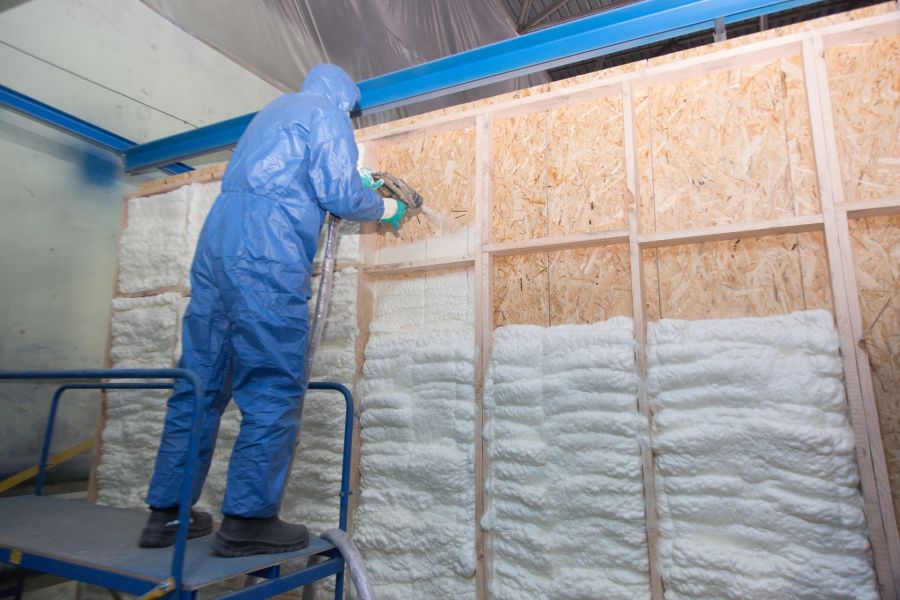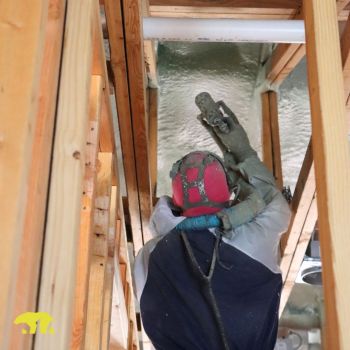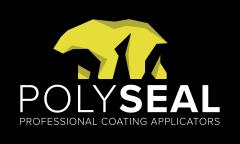Spray Foam Insulation Services
Stay Comfortable Year-Round – Seal Your Space with Spray Foam
Trusted by Homeowners & Businesses for Over 14 Years
Call Now For Your Free Estimate

Spray foam Insulation is an economical and effective method of insulating any building. Poly Seal LLC specializes in the application of spray foam insulation. Spray foam insulation creates a tight building. It will seal your structure against drafts and moisture and is the fastest way to experience a reduction in energy consumption. Spray foam is uniquely qualified to get into those tight spaces to properly seal a building, places humans can't access, such as attic crawl spaces.
Over 14 Years of Experience
5-Star Rated on Google
Locally-Owned & Operated
Call for a FREE Quote
❝Above and Beyond"
"Are there more stars I can give? These guys did a great job with our spray foam insulation. I kept asking for more areas and tougher places to work in. Not only that, but our job site wasn’t ideal. They had to do a lot of work moving and covering things for us. They went above and beyond for us. We also kept moving around the timeline. I’d say we were a nightmare customer, but they stuck with us and did great work. Pricing was reasonable as well. Thanks, guys! "
_53x53.png)
Will D.
 Is Spray Foam Insulation Expensive?
Is Spray Foam Insulation Expensive?
Though the initial investment to apply spray foam to insulate your home or building is more expensive than cellulose or fiberglass insulation, over time, it tends to pay you back in terms of the longevity of the product and the insulative properties that it provides. There are so many more added benefits to spray foam insulation compared to other types.
Benefits of Polyurethane Spray Foam Insulation
- Adds strength and support to the building structure
- Prevents sagging over time
- Saves energy
- Reduces heating and cooling costs
- Seals buildings from air and moisture
- Protects residents from mold, airborne pollutants, and allergens
- Improves air quality
What Type of Spray Foam is Best for My Property?
There are two types of spray foam insulation; open-cell and closed-cell spray foam. They both have their uses and merits. In general, you don't want to use open-cell insulation below ground level, as it doesn't provide a strong enough barrier against water. However, open-cell insulation is far less expensive and does have excellent insulation properties. Most consumers us a combination of the two.
Frequently Asked Questions



